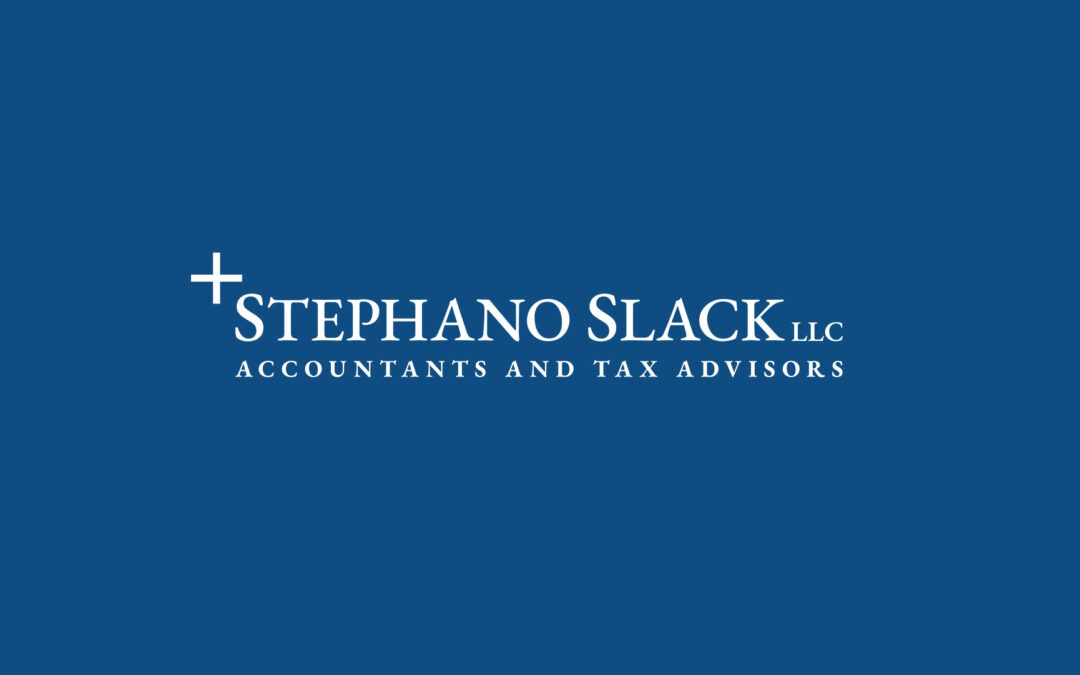An Opportunity Zone is an economically-distressed community where new investments, under certain conditions, may be eligible for preferential tax treatment. They are an economic development tool designed to spur economic development and job creation.
Opportunity Zones provide tax benefits to investors. Investors can defer tax on any prior gains invested in a Qualified Opportunity Fund (QOF) until the earlier of the date on which the investment in a QOF is sold or exchanged by 12/31/26.
- If the QOF investment is held for longer than 5 years, there is a 10% exclusion of the deferred gain.
- If the QOF investment is held for longer than 7 years, there is a 15% exclusion of the deferred gain.
- If the QOF investment is held for at least 10 years, the investor is eligible for an increase in basis of the QOF investment equal to its fair market value on the date that the QOF investment is sold or exchanged.
Opportunity Zones are new to the tax code from the Tax Cuts and Jobs Act. They cover parts of all 50 states, the District of Columbia, and five U.S. territories.
Qualified Opportunity Fund
A Qualified Opportunity Fund is an investment vehicle that is set up as a partnership or c-corporation for investing in eligible property that is located within a Qualified Opportunity Zone. You do not need to live, work or have a business in an Opportunity Zone. Investing a recognized gain in a Qualified Opportunity Fund allows you to elect and defer the tax on that gain.
To become a Qualified Opportunity Fund, an eligible corporation or partnership must self-certify. A form would need to be filled out and attached to their federal income tax return.
Please reach out to us regarding filing requirements regarding Qualified Opportunity Funds and Opportunity Zones.
Kayleen Kane
610-687-1600



Recent Comments